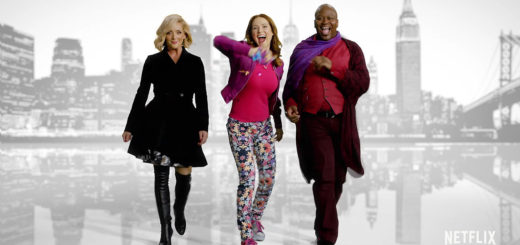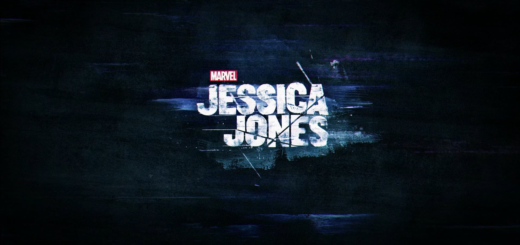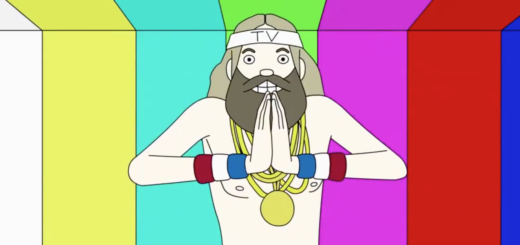BLACK MIRROR Season Three Review
Watching season three of BLACK MIRROR is like discovering that a favorite musical artist has a pattern. At first, it’s disappointing, noticing repeated song structures and lyrical content. But then the differences highlight themselves in the fringes: the small details, storytelling, and nuances in stylistic beats. They’re either brilliant or one-track-minded. Regardless, it’s hard to deny a voice has been solidified. This six-episode, Netflix-produced season of TWILIGHT ZONE for tech finds creator Charlie Brooker discovering his own sense of auteurship as a showrunner and writer, but even more so as a collaborator. The resulting handful of episodes is daring, odd, connected, and thematically curt, while maintaining lingering wonderment. Despite underlining some of Brooker’s weaker traits (he’s a bit prone to repetition) BLACK MIRROR’s third season is a thought-provoking success that, instead of burying its heels in cynicism, keeps one foot in the grave while digging the other into more humanist waters.
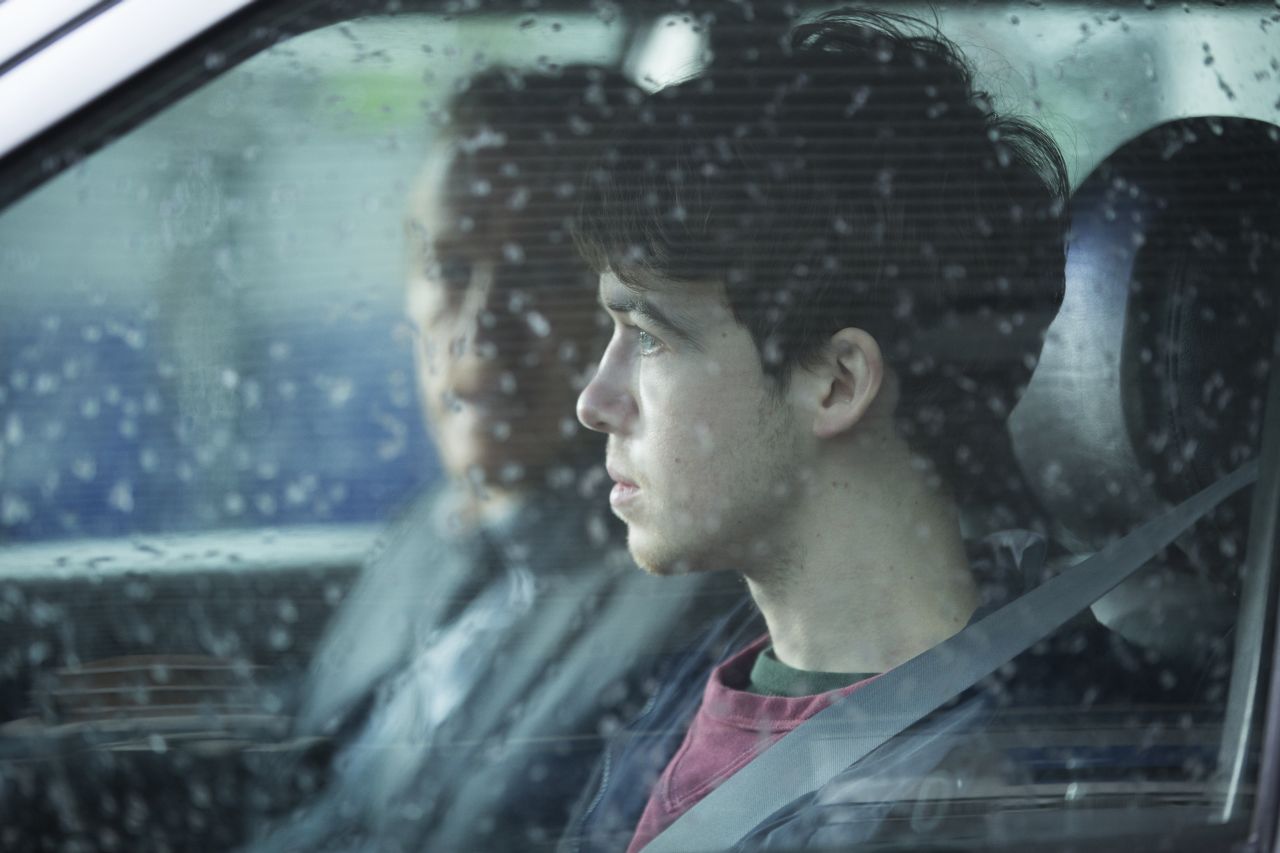
The British drive on the OTHER side of the street?! #BLACKMIRROR
As with the past seasons, Charlie Brooker sprinkles his episodes with an odd variety of tonal shifts. Interpersonal screwball is spiked into the realm of psychological horror on a frequent basis, keeping the viewer uneasy despite roots planted in empathy of each new protagonist. Pulling the rug from the viewer has become an expectation, which incidentally might’ve screwed Brooker himself. Booker seems aware of this, as in the Dan Trachtenberg (10 CLOVERFIELD LANE) directed, video game-inspired episode “Playtest,” wherein the great Wyatt Russell’s motor-mouthed protagonist portrays the viewer mindset, attempting to stay ahead of the show’s tricks. Of course, BLACK MIRROR then gleefully subverts these concepts through expert use of horror filmmaking tactics. Trachtenberg’s vision is perfect for a brand notorious for elegantly setting up and knocking down viewer expectations like bowling pins.
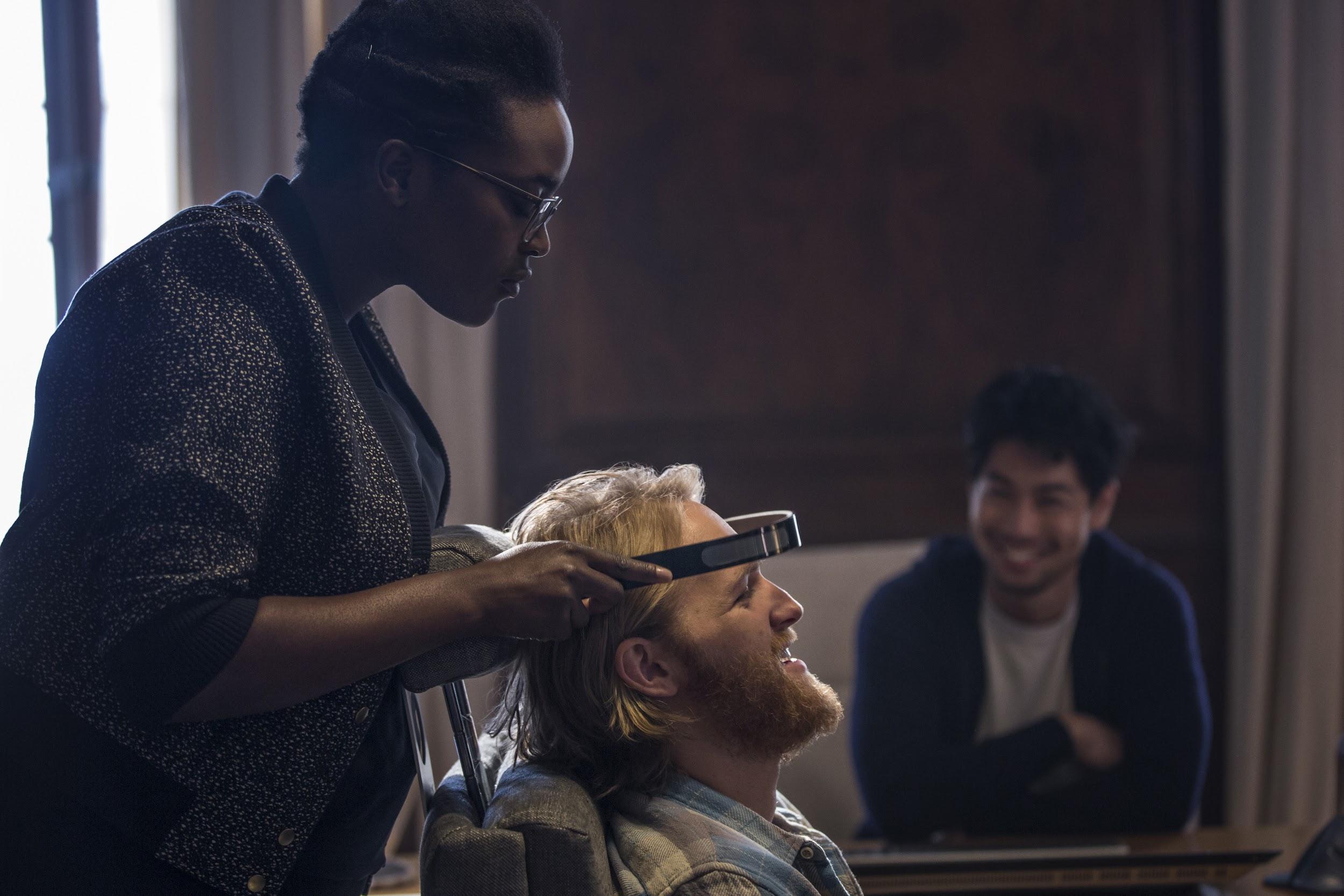
This episode is just Wyatt Russell playing POKEMON: GO and shrugging
This audience awareness effect is stronger in some episodes than in others. “Hated in the Nation” and “Men Against Fire” are moody pieces of discovery, but their implications are pretty headstrong from the get-go. Every viewer is different, obviously, but these pieces come together like the weakest episodes of LAW & ORDER: a little too quickly or easily. But Brooker’s trump card comes in the last ten moments of each episode that keeps the audience’s blood pressure high and breathing to a minimum, showcasing the poetic thesis he’s had on his mind throughout the episode. Brooker is a tease, but when that last puzzle piece is given to the audience, it clicks into place so satisfyingly that everything suddenly feels nicely wrapped up, from beginning to end. That might seem like a stretch for a show to succeed, but masterful storytelling has rarely been as exciting and all about pay off like this. Even the worst BLACK MIRROR episodes are still BLACK MIRROR episodes, always filled with enough style to stay interesting, and always signing off with something to think about.
Lately, the show has become reasonable subject for parody for its insanely dark tone and occasionally on-the-nose nature of its satire. This season’s Joe Wright directed, and Rashida Jones and Mike Schurr written “Nosedive” is initially quite egregious for its “In A World…”-ness, tackling a sensation that feels like, as labeled recently, “what if phones, but more?” But “Nosedive” immediately kicks in like an antidote to such notions, not only for its change in tone, functioning as a comedic satire with some drama elements, but in its continued example for just how well BLACK MIRROR builds worlds. The episode portrays as many notions of possibility with its rules, first good, then eventually planting notions of the bad: Technological advancements are borderline miraculous until we turn it upon ourselves and against each other. It’s Lovecraftian, making “what-ifs” as scary as any moment of violence. It’s a never-ending revelation of a truly stacked hand of cards, initially bluffed as a bunk run. This makes “Nosedive” simultaneously a parody of what BLACK MIRROR has and can do, and incidentally one of the best episodes of the series.
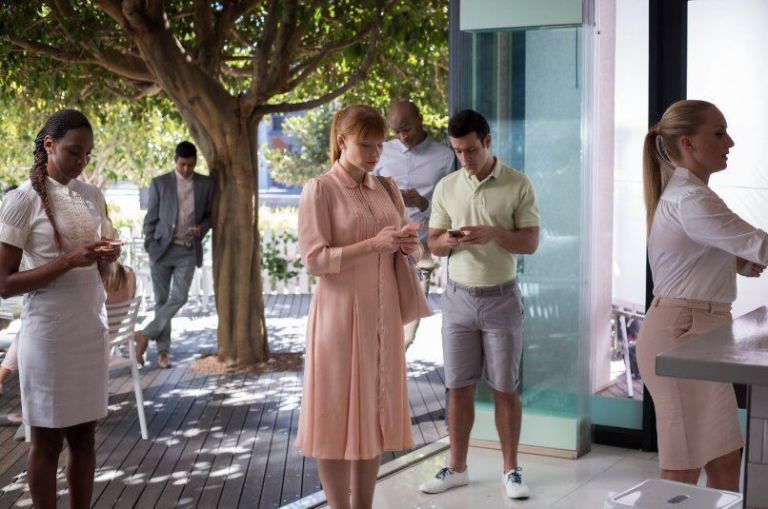
SHEEPLE love pastel colors
At the core of each reality comes character, where Charlie Brooker finds catharsis and utter dread alike. The show not only continues to cast incredibly, with the likes of Bryce Dallas Howard, Kelly Macdonald, Faye Marsay, and some dudes (like Benedict Wong, Michael Kelly), but it’s starting to break away from traditional horror narratives into more personal ones. Specifically, the episodes “San Junipero” and “Shut Up and Dance” absolutely soar in this sense. “Shut Up and Dance” is a horrifyingly tense episode, predicated entirely upon empathy for its protagonists. Brooker bombastically pulls strings in directions that can make a heart burst, but only succeeds because of the sincerity from its lead, Alex Lawther, counteracting Brooker’s twisty storytelling and unreliable authorship.
“San Junipero” is a lightning achievement for perhaps being the happiest episode of BLACK MIRROR produced to this date; primarily, this label comes with a sense of restraint in its world decisions. Where it could easily have gone tragic, “San Junipero” instead burrows from beneath tragedy, and transcends into an eerily beautiful notion surrounding the profound feeling that love can prevail anything, a sensation given in the warm chemistry shared between the maverick duo of Mackenzie Davis and Gugu Mbtha-Raw. The fact that Brooker lets that simmer shows not only growth, but a progressive nature that might save his show, or at least help it develop better.
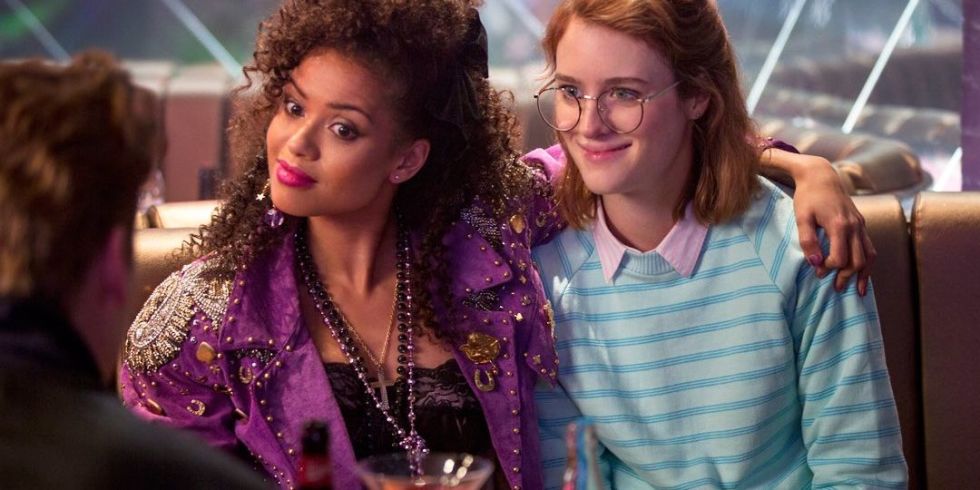
This show is pretty good if you like having your heart melt into a tear-soaked pudding
In season three, BLACK MIRROR half-settled and half-rocketed into a stratosphere it deserves to rest in: experimentation with auteur-driven collaboration. The show can continue to defy expectations and float in the arms of audience appreciation if it keeps stretching itself farther than even Charlie Brooker could imagine. No doubt he’s a brilliant storyteller and thinker, but this show would die if it were just about the mind of Charlie Brooker. This show is about people, in all their ups and devastating downs. These episodes serve as parables, emotions and notions that come in dark choices and dreadful consequences that come with nuggets of thought and consideration. The show reminds audiences to acknowledge and practice empathy, even if it’s difficult. The moment people lose awareness, society becomes a BLACK MIRROR episode.
Verdict: Recommend

